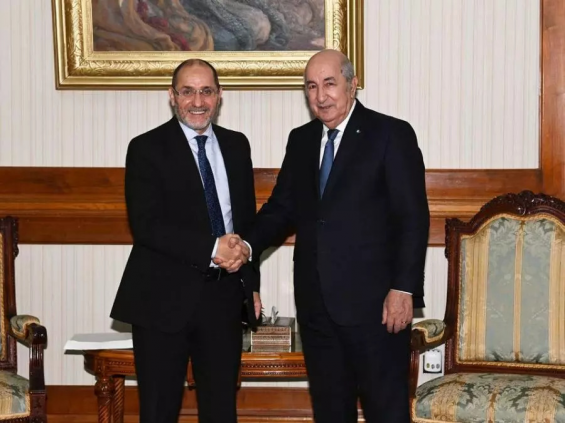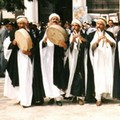On the Western Sahara questions, tongues in Algeria are slowly untying. This is reflected through the articles drafted by Abderrazak Makri, the former leader of Algerian Islamist party the Movement of Society for Peace, created in the early 1990s by the government to counter the influence and popularity of the Islamic Salvation Front party (FIS).
Unlike the unofficial analyses that salute the supposed agreement between American and Algerian views on the imperative of giving «the right to self-determination to the Sahrawi people», Makri affirms that the Biden administration’s support to the Moroccan autonomy plan has not changed. The politician justifies his position, referring to an interview conducted by Algerian media with Deputy Assistant Secretary for North Africa Joshua Harris.
«The United States views Morocco’s Autonomy Proposal as serious, credible, and realistic, and one potential approach to satisfy the aspirations for the people of Western Sahara», Harris told Algerian media during a visit in Algeria last week.
Quoting the American diplomat, Makri regretted «the absence of national debate on issues as important as this one (Western Sahara)». «Algerians are listening to the same comments repeated by media», he argued.
«Re-examining» Algeria's official position on the Sahara issue
After emphasizing the United States’ support for the Moroccan autonomy initiative, the former leader of the Movement of Society for Peace questioned the Algerian government’s inaction regarding this issue.
«Is there anything new about the Algerian approach on the Western Sahara issue ? Will the Algerian authorities submit to American pressure or temptation ? Is there a solution proposed to Algeria guaranteeing that the Moroccan approach will continue with certain privileges for Algeria ?», he asked.
Abderrazak Makri said he was convinced that «the Sahara issue must be open to societal debate so that the solutions are Algerian-Maghrebi, without submitting to foreign pressure or temptations, without authoritarian calculations or personal or factional interests».
Beyond the political calculations that motivated Makri to openly criticize the official position of Algeria on the Sahara issue, the step is still deemed brave in the face of the unanimous stance imposed by the Algerian regime for almost five decades. Moreover, the move comes from a politician who is considered close to the Algerian regime, that allowed him to head said party from 2017 to March 2023.
Makri's position is reminiscent of the comments defended, in November 2015, by Amar Saidani, then secretary general of the National Liberation Front (FLN) and close to President Abdelaziz Bouteflika. Saidani had called for a «re-examination» of Algerian policy on the Sahara question but without dwelling on the subject.
He added that he did not want to «cause problems, but a day will come when I will say what I think about Western Sahara (…) but not now. My opinion won't please everyone and I don't want to cause any problems. If I speak, I risk provoking demonstrations in the Algerian streets».
Unlike Makri, Saidani had dared to express his opinion while heading FLN, the ruling party.





 chargement...
chargement...













